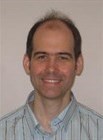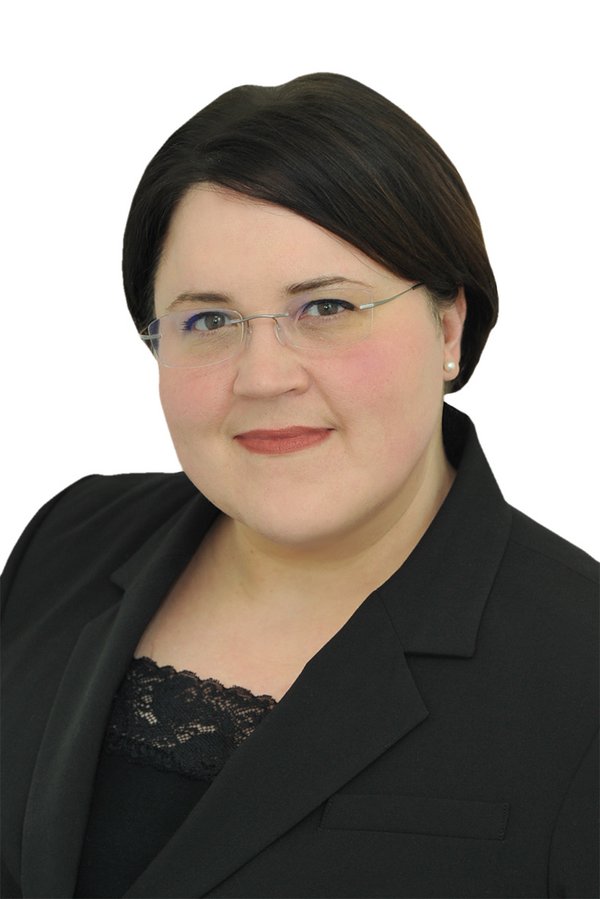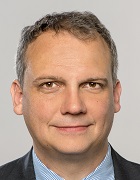WELCOME TO WIHPQC 2021
The First International Workshop on Integrating High-Performance and Quantum Computing
At IEEE Quantum Week, October 18 - 22, 2021
Virtual
Quantum computers, QCs, come with the promise of a substantial increase in computational capabilities compared to binary computer architectures for a range of suitable problems. They, therefore, have to ability to make significant contributions to the field of High-Performance Computing, HPC. On the other hand, though, quantum computing alone cannot achieve this goal, as it requires current and future HPC systems to function. As a consequence, we need a close integration between the quantum computing and the current HPC ecosystems, to form an integrated HPC/QC approach capable of bringing the combined computational abilities to a broad user base.
In this workshop, we bring together practitioners, theoreticians and users from both HPC, QC and the application disciplines, to understand the needs and requirements from both sides for such an integration, to report on and discuss innovative approaches and to build a long-term bridge between the involved communities.
WIHPQC will take place with IEEE Quantum Week, which is held virtually in 2021.
CALL FOR ABSTRACTS
We invite high-quality, abstract submissions on all topics related to integrating QC into the existing binary computing eco-System, with a particular focus on combining HPC and QC. We explicitly encourage submissions at all levels of the system stack, ranging from hardware integration to programming models and environments, from system software to theoretical foundations.
Abstracts will be reviewed by an international program committee. Reviews are blind, but not double-blind. The names of the authors will be seen by the program committee.
Submissions are now closed.
If you have problems with submission, please contact schulz@lrz.de
Topics
Topics of interest include, but are not limited to:
- Housing of QC systems in data center facilities
- Efficient cloud access to QC resources
- Hardware/software design trade-offs in integrated system
- Joint and hybrid programming models, tools and environments
- Compiler optimizations and techniques
- Operating system, middleware, and run-time system support
- Quantum control processors and firmware
Important Dates
| Abstracts due: | September 24, 2021 AoE |
| Author notification: | October 4, 2021 AoE |
ORGANIZATION
Co-Chairs

Sven Karlsson
DTU, Denmark
Co-Chairs

Laura Brandon Schulz
LRZ, Germany
Co-Chairs

Martin Schulz
TUM, Germany
Program Committee
Anastasiia Butko, Lawrence Berkeley National Laboratory, USA
Andrew Horsley, Quantum Brilliance, Australia
Mikael Johansson, CSC – IT Center for Science, Finland
Dieter Kranzlmüller, Leibniz Supercomputing Centre (LRZ)/Ludwig-Maximilians-Universität (LMU), Germany
Anne Matsuura, Intel Labs, USA
Thomas Monz, Alpine Quantum Technologies (AQT), Austria
Bruno Taketani, IQM Finland Oy
Robert Wille, Johannes Kepler Universität Linz (JKU), Austria
PROGRAM
| Time (Mountain Time, US) |
Talk Title | Speaker | Abstract | Download Link |
|---|---|---|---|---|
| 15:15 – 15:35 | Talk 7: Running a Quantum Annealer in an HPC Data Center |
Dr. Scott Pakin Senior Scientist at Los Alamos National Laboratory, USA | For five years, Los Alamos National Laboratory (LANL) ran a D-Wave quantum annealer on site in a data center built for conventional supercomputers. In this talk I will present the history of D-Wave systems at LANL, the challenges and opportunities of on-premises quantum computing, and some innovative projects that were performed using LANL's D-Wave system. | |
| 15:35 – 16:35 | Panel Discussion |
Moderator: Mikael Johansson, Quantum Strategist, CSC – IT Center for Science While it seems clear that hybrid classical/quantum computing is where the first quantum advantage is to be found, there are several ways to implement HPC+QC. The quantum computing scene is presently very diverse, with several technological approaches to choose from. This is both an asset and a challenge, from both end-user and service-provider points-of-view. Which programming model should one choose with so many options? How do we most efficiently reach a hybrid HPC+QC future with practical applications? How significant is global collaboration? These questions, and many more will be addressed in this interactive panel of top experts in the field: Panel Participants:
|
||
| 16:35 – 16:45 | Wrap Up and Close | |||
Registration & Participation
Registration will be through IEEE Quantum Week
The workshop will be held completely virtually in conjunction with the IEEE Quantum Week
https://qce.quantum.ieee.org/
Check out the whole programme and we are looking forward to meeting you in the virtual space in October 2021